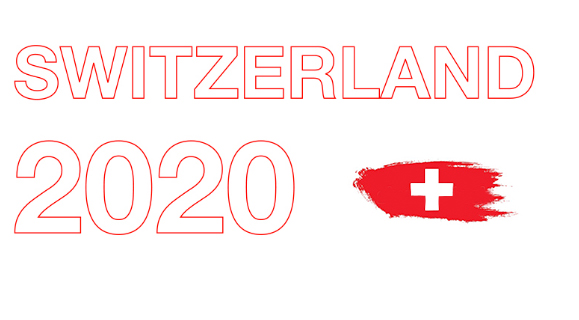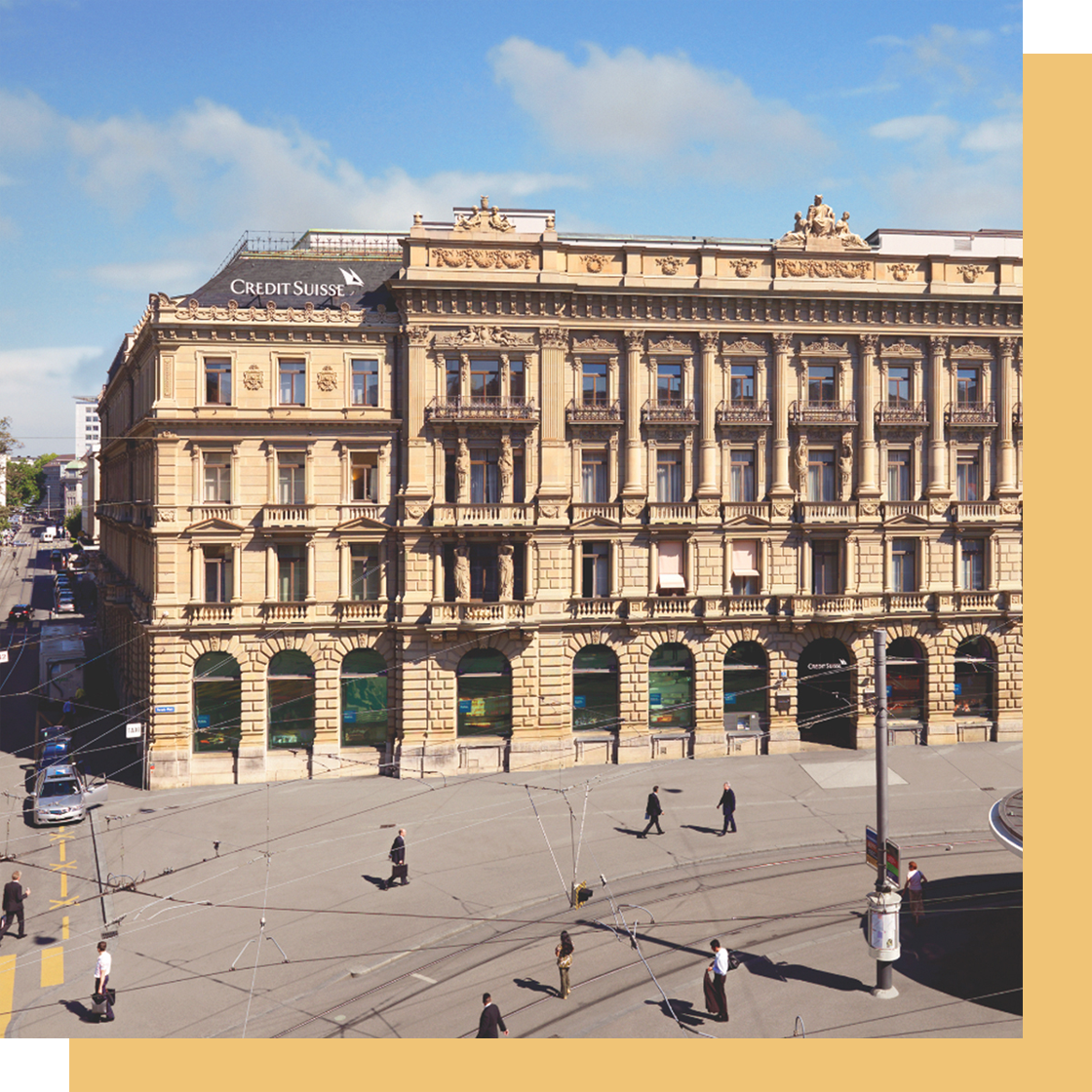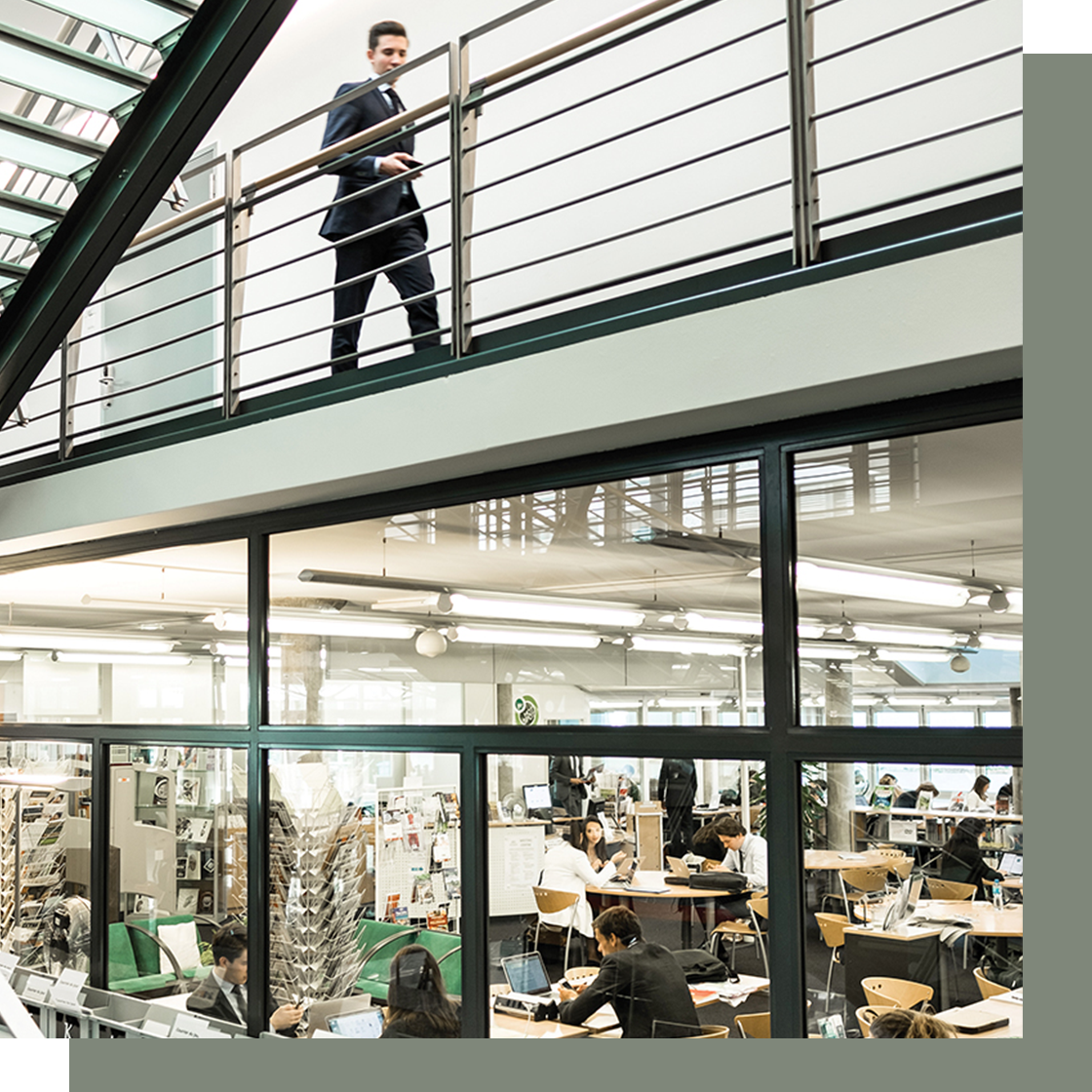

Switzerland: an export-dependent nation
The country could lose up to 10% of its GDP this year, estimate says
Economic forecasts for this year vary greatly but remain gloomy. However, unlike other OECD members, the confederation boasts a decade of solid public finance management and debt brake, as well as a renowned capacity for innovation to help cushion the economic cost of the crisis. After all, in 2008 the banking sector — considered the central economic pillar — took a huge blow, but Switzerland managed to tackle the global economic crisis far more effectively than many of its European peers. In this time of historic challenge, the Swiss could very well, once again, beat the odds.


Swiss Banks
An ingenious loan scheme to rescue SMEs
The Swiss have built their reputation founded on resilience, ingenuity, efficiency, responsibility and innovation. These qualities can best apply to how the Swiss have handled the pandemic. In fact, the close ties between the country’s business and political elite have certainly helped engineer the timely and coordinated responses needed at this time of crisis. A good illustration is the cooperation between Swiss banks and the federal government who together have set up one of the speediest and most efficient loan schemes in Europe, rolled out at the end of March. The scheme offers interest-free credit to struggling SMEs overnight – a success that many other European nations are hoping to replicate.
Swiss pharma industry
Racing for a vaccine
A heavyweight in the global healthcare industry, home to pharma giants such as Novartis and Hoffmann-La Roche, and a myriad of life science and biotech players, the confederation is bound to play a large role in the global race for COVID-19 treatments and vaccine. Roche for example, plans to launch an antibody test by early May, while trying to repurpose its existing anti-inflammatory drug RoActemra as therapy for the disease. In order to trigger a faster response to the epidemic, $5.2M were already earmarked by the Swiss National Science Foundation in March in an emergency call.


Swiss universities & research institutions
Innovation at the fore
Alongside the healthcare industry, Swiss universities are also working around-the-clock to innovate new ways to slow the virus’ progression and accelerate findings around diagnosis and a potential vaccine. Dozens of COVID-19 related research projects have been nested in Swiss universities and research institutes; everything from testing and clinical studies to software, data-tracking tools and app development. In particular, university hospitals in Zurich, Lausanne, Geneva and St Gallen are making notable headway in efforts to develop COVID-19 tests and vaccines; while several hackathons have been organized across the country to generate complementary solutions around the pandemic.
Swiss watchmaking industry
A laboratory for the post COVID-19 retail sector
One industry that is turning challenges into opportunities is Swiss watchmaking. With grim sales forecasts at brick-and-mortar retail shops, the luxury watchmaking industry is fully embracing the digital realm to compensate the loss of traditional retail business. One of the major yearly events, the Geneva watch salon will be replaced with an online event this year, while some brands like Breitling have been resorting to webcasts to present their latest luxury time pieces. Many consider this to be only an acceleration of existing trends in the industry and could very well inaugurate a new, long-lasting era for manufacturers and retailers.

Special Feature for Newsweek
Country Reports’ special feature on Switzerland will provide exclusive insights, analysis and fresh perspectives on these topics, based on our team’s exclusive exchanges with top political and business leaders.
Distributed exclusively on Newsweek.com reaching a vast readership of 45 million, our special feature will be promoted both through a banner placed on Newsweek’s homepage for a week, and a full-page article inserted in Newsweek’s international print edition ensuring large visibility and awareness for the reader. The feature on Switzerland will also be hosted in the Newsweek library (www.newsweek.com/newsweek-country-reports) for two full years.



